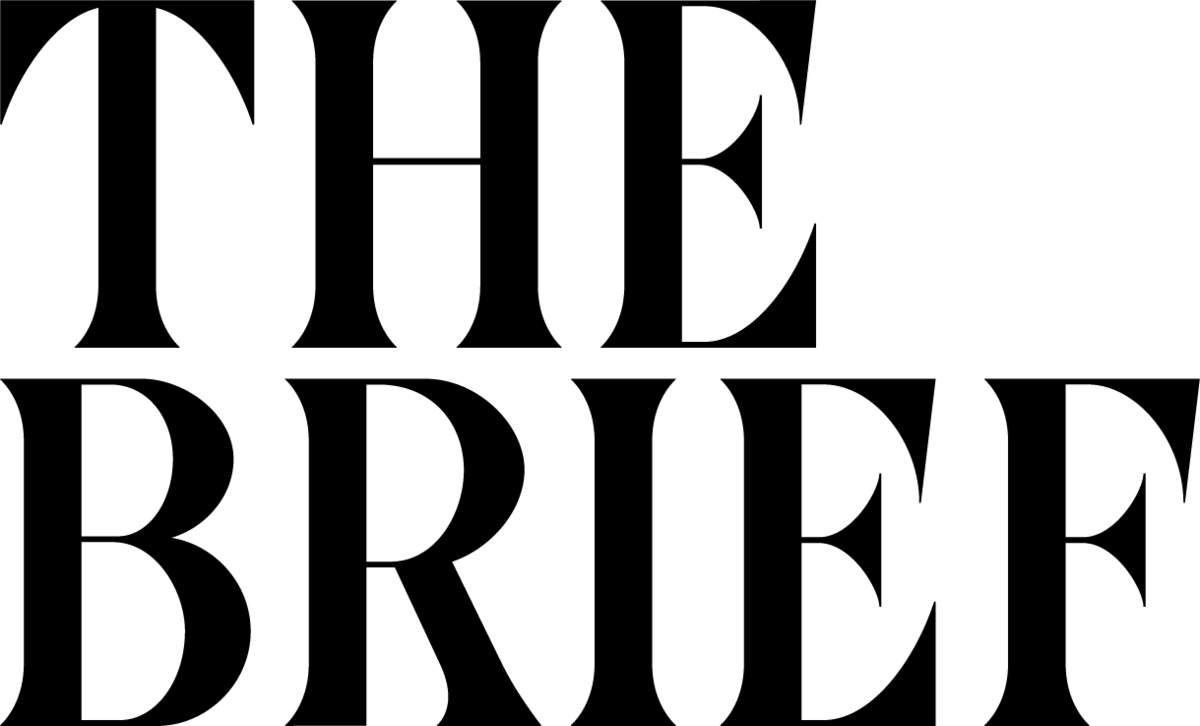
“You can’t always get what you want. But if you try sometimes, you get what you need.”
The Rolling Stones were definitely talking about PR when they wrote this one.
Read Time: 2 minutes
Today’s newsletter is about a conversation we have with current and prospective clients on a fairly regular basis.
It’s the discussion around why it’s so important to be flexible when it comes to media.
And it can be a hard concept to grasp. Especially when you’re doing something so revolutionary, groundbreaking, and new. But there are a few areas where it’s imperative to be flexible when it comes to working with the media, and we’re going to dive into that today.
It’s not always the perfect subject: This is definitely one of the most difficult ones to grasp. Everyone believes that what they’re doing is newsworthy. And while we wish that were true, it’s simply not the case. Take a look at your pitches. Are you offering to solve a perceived problem with your product or service? That’s not a pitch - that’s an advertisement.
Most of the time, the top-tier coverage you seek may not be with the angle you’d like. You can either pitch the topics you want to pitch or secure the publications you want to secure. But very rarely do those overlap.
The reason for this is that most companies want to talk about what they’re doing and who they’re helping. But most top-tier pubs want to talk about issues dramatically impacting global populations in an unavoidable or inevitable way. Your company saving businesses money and time does not fit into that dichotomy.
Founders and C-Suites who end up in the leading business and tech publications realize this and go outside their comfort zone to discuss what would interest the reporter and their audience. These founders recognize the SEO and overall value of having their name and company listed in an article in The New York Times or The Wall Street Journal, even if the resulting article isn’t necessarily about their company. They also recognize the benefit of being an objective source to a journalist. If you help them out enough times, eventually, they will start coming to you as a trusted expert, dramatically boosting your presence in the press.
Scheduling isn’t always a breeze: Securing interest in your topic is just the first step in landing meaningful top-tier press. A lot of executives slip up when it comes to scheduling. Seasoned founders know that they have to work around the media’s schedule to get an interview booked. And sometimes, this does not happen when you want it to happen. Sometimes, the journalists need to talk immediately, or the only time they can speak is when you’re usually having dinner with your family or rushing out the door to catch the train. In short, good media opps can’t wait. One of the biggest dropoff points we see with interviews is when executives are difficult to schedule with. These reporters have hundreds of sources in their inboxes, and if you cannot provide them with what they need by their deadline, they’re going to get it from someone else.
To ensure a smooth strategic comms cycle, respond to an opportunity or interview request quickly (within a couple of hours at most), make yourself available, and don’t be surprised if the reporter has to reschedule. Be lenient and understanding, and the coverage will follow.
Publishing timeframe or outcome is not what you expected: Once you’ve completed the interview, there’s additional flexibility to be had when it comes to publishing. Reporters relinquish control once they submit their articles, leading to a couple of issues that can frustrate founders.
Even if you had a lengthy, on-topic interview, your quote can be shortened or excluded completely. This is typically done for word count purposes or because your quote didn’t align with the other experts quoted in the piece. The journalist also has no control over when the article will publish. Once it goes into the queue, it’s completely out of their hands. You can ask when the article will be published or request it to go live by a certain date, but you’ll probably end up empty-handed.
Working through the challenges of PR can be very frustrating, especially if you’re relatively new to the practice. But if you’re patient, helpful, and flexible, you will ultimately yield more coverage in the end.
Until next time -

Like The Colab Brief?
Share with your friends
Micro-Engagements (Now Live!)
The Colab PR Template Pack (Now Live!)
SWAG [Exclusive]
Get your news where Silicon Valley gets its news 📰

The best investors need the information that matters, fast.
That’s why a lot of them (including investors from a16z, Bessemer, Founders Fund, and Sequoia) trust this free newsletter.
It’s a five minute-read every morning, and it gives readers the information they need ASAP so they can spend less time scrolling and more time doing.

